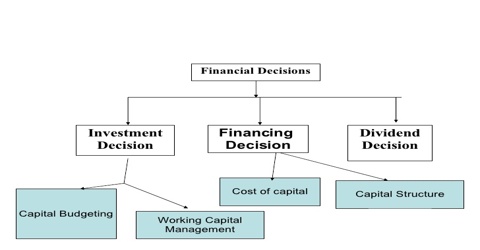Which Factors are affecting Capital Budgeting Decision?
Capital budgeting is a company’s formal process used for evaluating potential expenditures or investments that are significant in amount. A number of projects are always available to a business to invest in. But each project has to be evaluated carefully and depending upon the returns, a particular project is either selected or rejected. It involves the decision to invest the current funds for addition, disposition, modification or replacement of fixed assets. There are certain factors which affect capital budgeting decisions.
(a) Cash flows of the project: When a corporation takes an investment decision involving vast amount it expects to create some cash flows over a period. These cash flows are in the form of a series of cash receipts and payments over the life of an investment.
(b) The rate of return: The most significant standard is the rate of return of the project. These calculations are based on the expected returns from each proposal and the appraisal of risk involved. Suppose, there are two projects A and B (with the same risk involved) with a rate of return of 10 per cent and 12 per cent, respectively, then under normal circumstance, project B will be selected.
(c) The investment criteria involved: The decision to invest in a exacting venture involves a number of calculations regarding the amount of investment, interest rate, cash flows and rate of return. There are dissimilar techniques to appraise investment proposals which are known as capital budgeting techniques.














